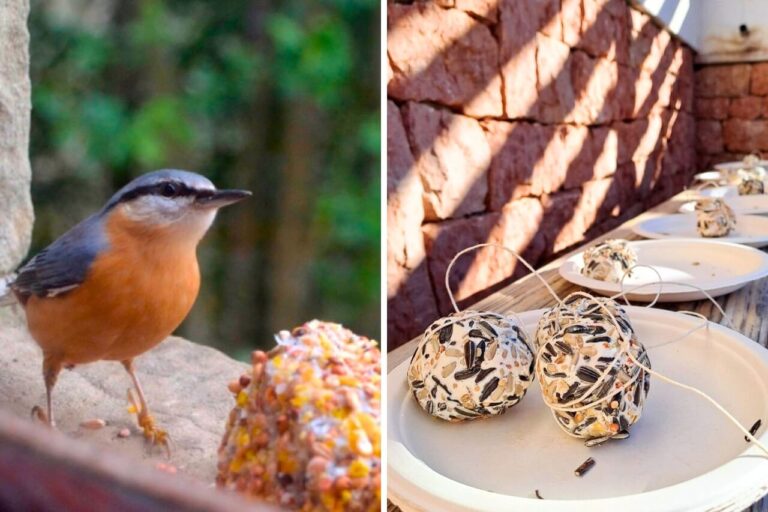Winter can be a very tough time for the small wild birds that live around us, especially if you live in a part of the world that gets particularly cold in winter.
I always say that it’s important to remember even the smallest animals, and not just focus on dogs and cats.
Little birds may also need our help, and we can do a lot, even with small acts of kindness.
In this article, I will discuss the 5 most important ones, and I assure you that it takes very little effort to put them into practice.
Provide High-Energy Foods
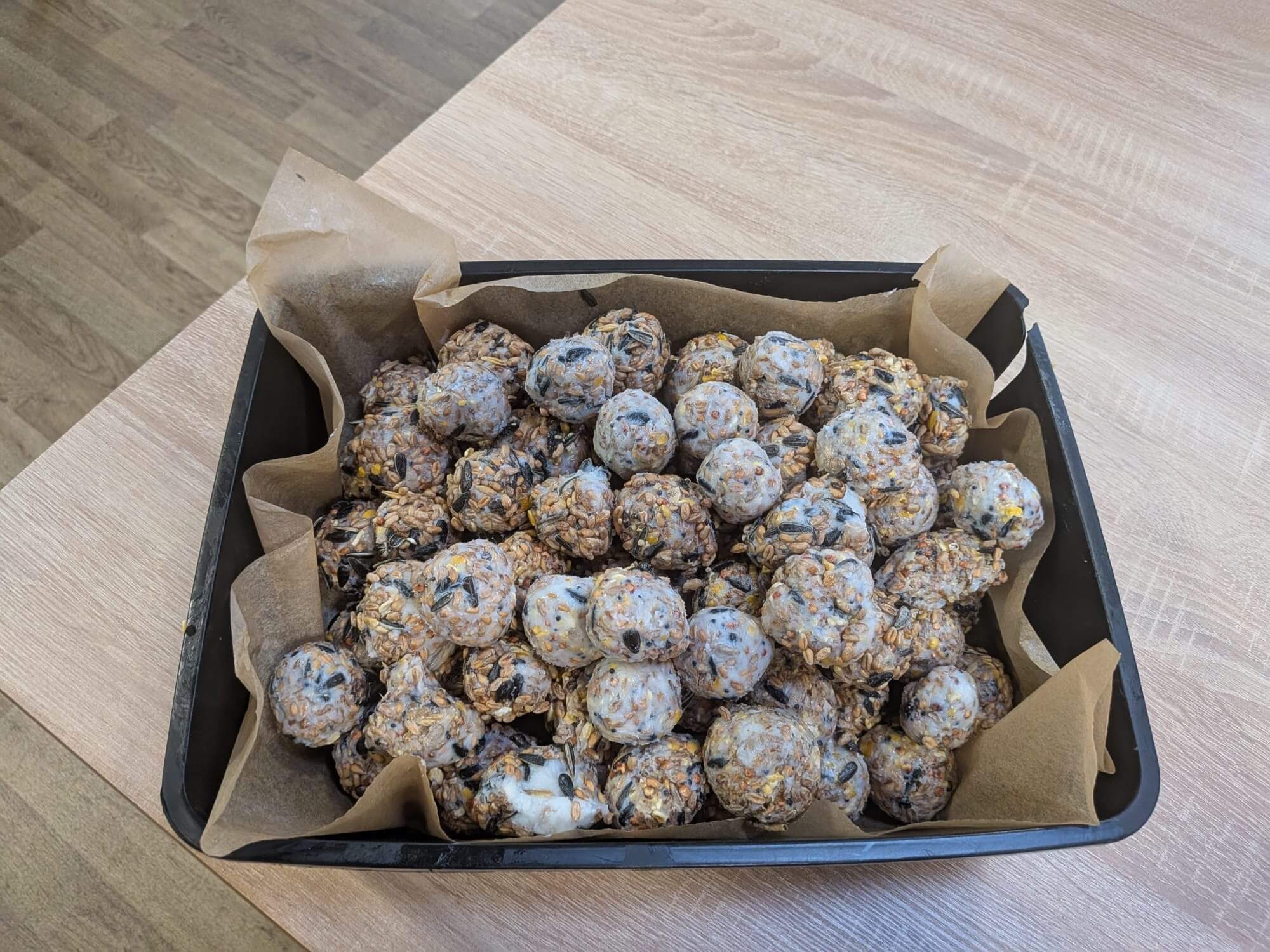
The first thing you can do is very easy. In cold weather, birds burn calories fast to stay warm, so they need high-fat and high-protein foods.
You can then leave bowls outside, on the windowsill, or in your garden, with energy-rich foods like black-oil sunflower seed, suet (animal fat cakes), peanuts, and even mealworms.
Nearly every backyard bird, from chickadees and finches to cardinals and nuthatches, loves black-oil sunflower seeds, and peanuts attract jays, woodpeckers, titmice, and more.
Suet balls or cakes are especially helpful, since woodpeckers, nuthatches, and many insect-eaters will love them.
Just remember to keep feeders or bowls clean and stocked, and replace everything if you notice wet or moldy seeds.
Offer Fresh Water, Even When It’s Cold
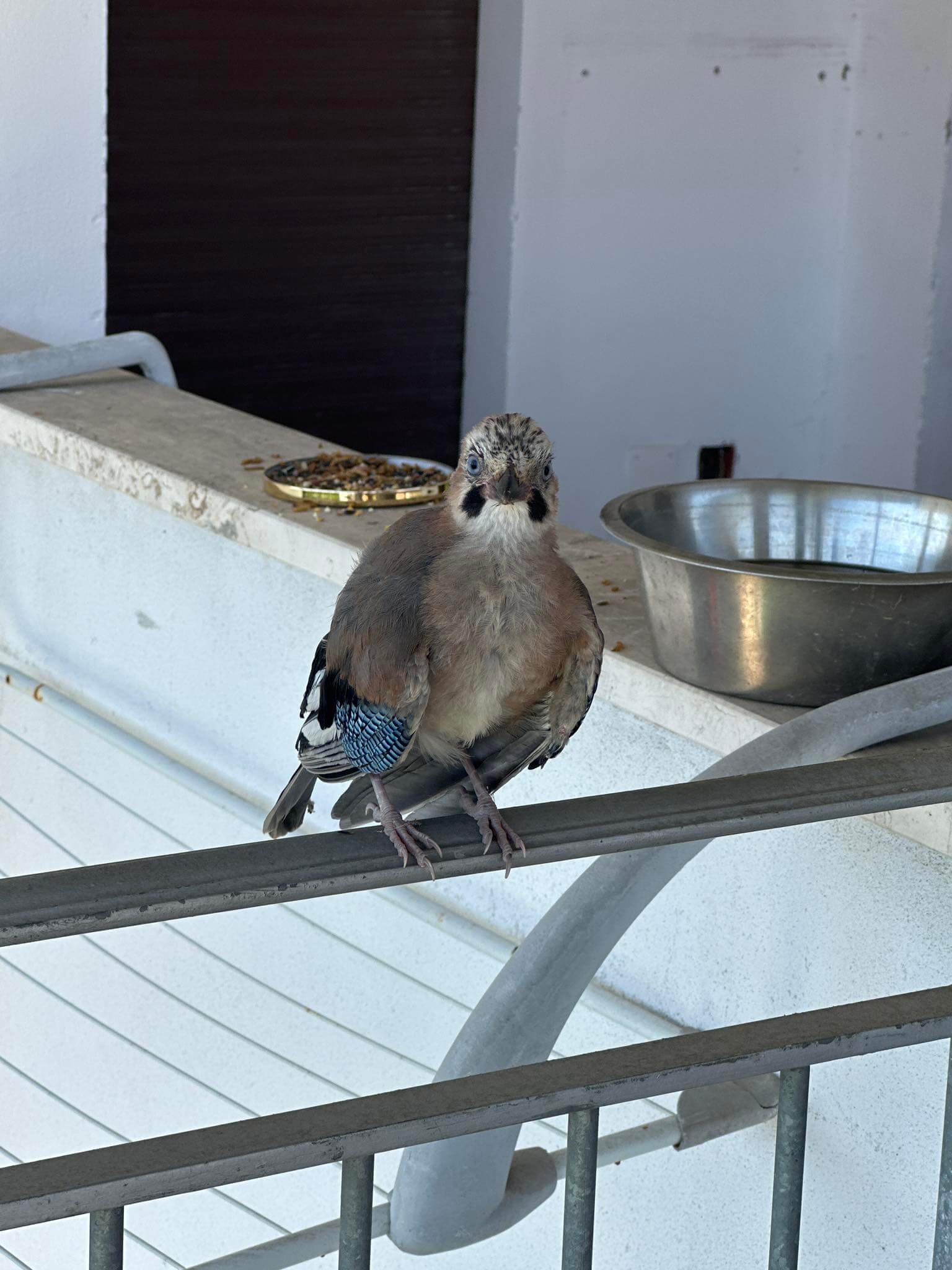
In winter, open water can be hard for birds to find under ice and snow.
But of course, they need water for drinking and to preen their feathers (clean feathers trap warmth).
The best thing you can do is to provide a birdbath with fresh water daily.
If you’re in a very cold climate, you can probably find a heated bird bath to keep the water liquid.
More simply, you can also place a small basin in a sunny spot. Like with food, always keep an eye on it and change the water every few days to keep it clean and ice-free.
Create Winter Shelter
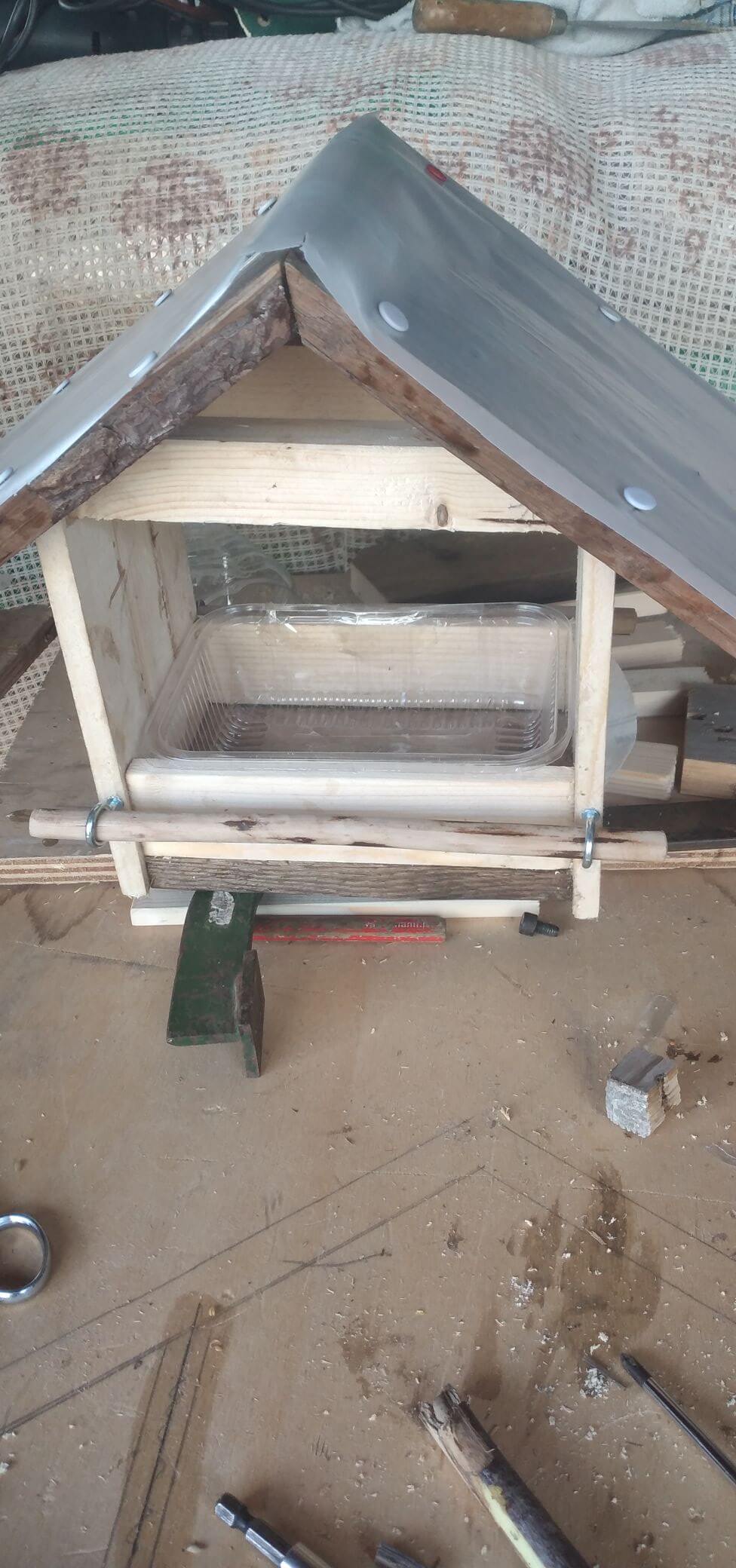
In addition to food and water, the third essential thing is shelter.
A safe place will help birds a lot, especially on very windy or cold days.
One thing you can do in general, which will then be useful for many years to come, is to plant evergreen trees that keep leaves even in winter and always offer good shelter.
Another alternative is to create a shelter using sticks and leaves, but make sure it is in a safe and sheltered area.
It would be even better to put up a proper birdhouse. You can find them in all sizes available on the market, and you can put one in your garden or outside your home to offer a safe, small home to a small guest.
Plant Bird-Friendly Native Vegetation
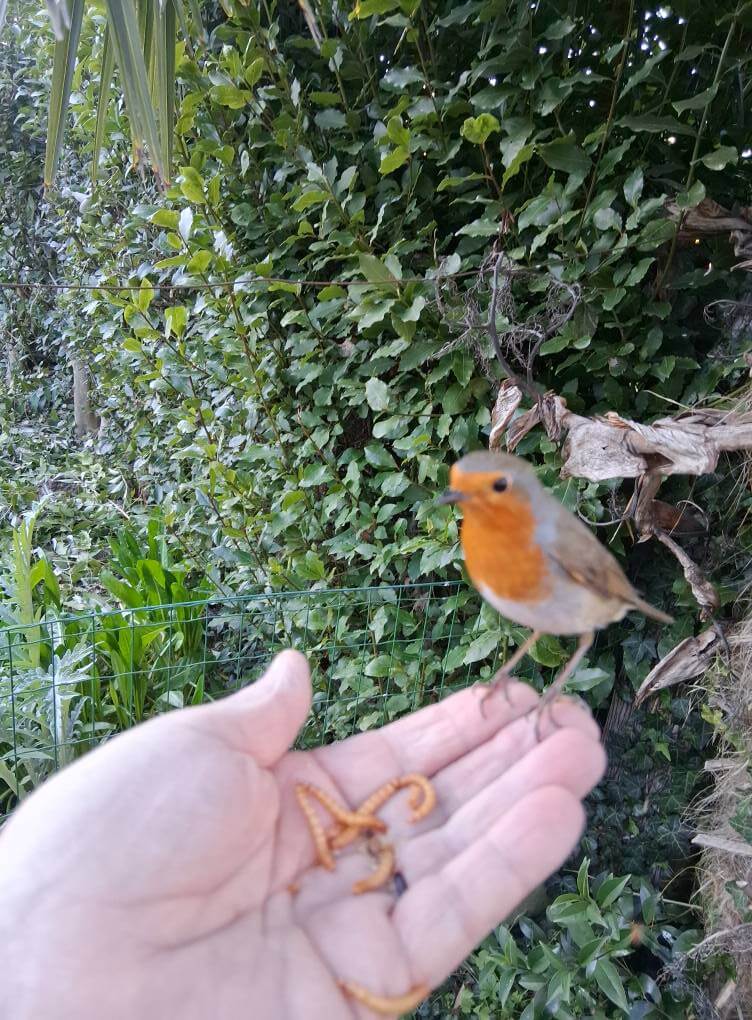
If you have a garden or a large balcony, the best way to help birds, not only in winter, is to create an environment rich in natural resources.
Native shrubs and evergreens provide both food and shelter when insects and berries are scarce.
For example, evergreen trees (like pines or cedars) offer seeds and cover through winter, while fruit-bearing shrubs (dogwood, holly, viburnum) hold berries that birds like waxwings, cardinals, and robins will peck at when other food is gone.
Install Anti-Collision Stickers on Doors and Windows
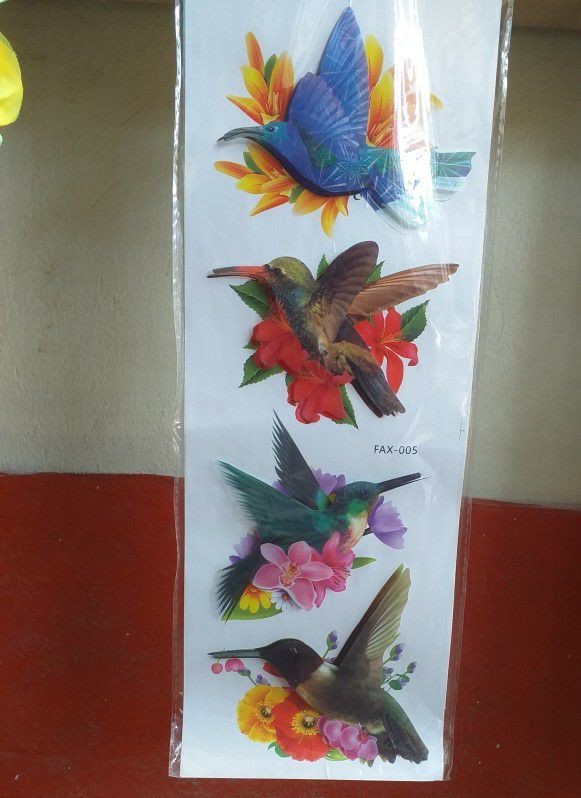
Another tip that actually applies all year round, but gets even more important in winter, is to prevent birds from crashing into glass doors, windows, and other reflective surfaces.
Unfortunately, doors and windows are one of the main causes of death for small birds living in urban areas.
Glass reflects the sky and vegetation, deceiving birds and causing them to crash into the surface, often with fatal results.
What can we do? Just place small stickers that help birds avoid obstacles.
There are some specific ones shaped like birds, but decorations or stripes work well as well.

